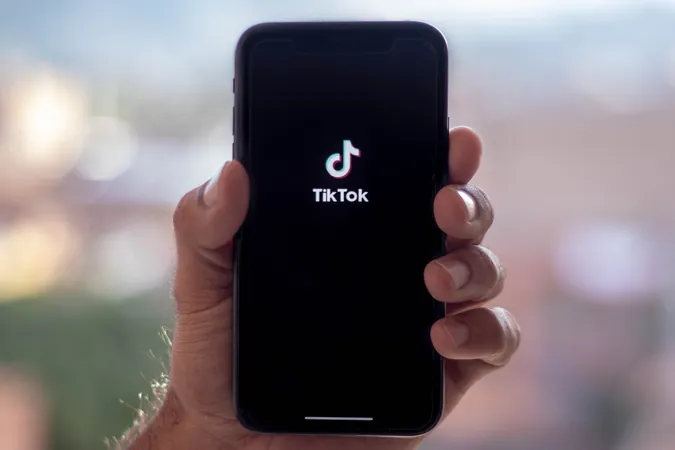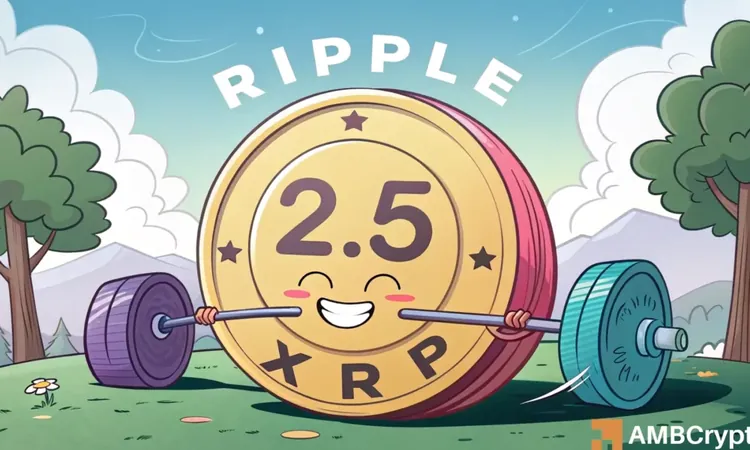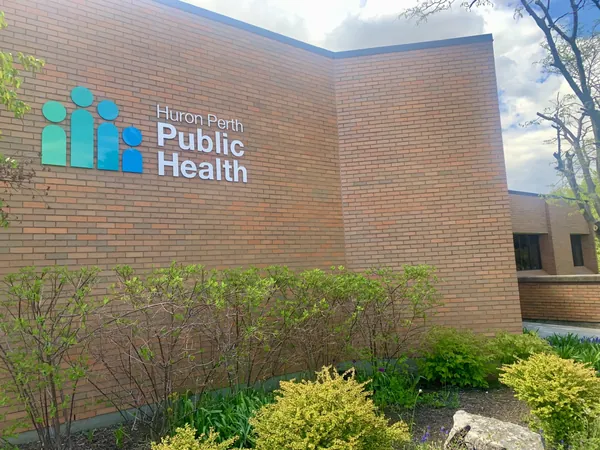
Has TikTok Clouded Your Perception of ADHD? Here's What You Need to Know!
2025-04-02
Author: Amelia
Introduction
Young adults are absolutely captivated by TikTok, with a staggering 2.5 billion active users globally in 2024—60% of whom are under the age of 35. As an influential platform, TikTok is rapidly becoming a go-to source for advice and information on a plethora of topics, including crucial mental health issues like attention-deficit/hyperactivity disorder (ADHD).
Content centering around ADHD is booming on TikTok, with videos featuring relevant hashtags racking up views in the tens of billions. This surge in ADHD-related content may provide community and connection for many, but it also raises questions about the reliability of the information being disseminated, especially for marginalized communities who often feel their health concerns are overlooked.
At the University of British Columbia’s Promoting Equitable, Affirming Relationships Lab, researchers are diving deep into whether TikTok’s ADHD content is ultimately helpful or harmful for viewers.
Understanding ADHD
ADHD is a neurodevelopmental condition affecting around 5% to 9% of children and an estimated 5% of adults in Canada. Symptoms typically include inattention—which can manifest as an inability to focus or frequently misplacing items—hyperactivity characterized by restlessness or fidgeting, and impulsivity that may lead to interrupting others or struggling with self-control.
It’s crucial to understand that ADHD affects individuals uniquely; thus, personal experiences may vary significantly. A thorough and often lengthy assessment, including interviews and questionnaires from professionals, family members, or teachers, is necessary for an accurate diagnosis.
TikTok and the ADHD Conversation
TikTok has emerged as a platform where both diagnosed and undiagnosed individuals alike can discuss ADHD, share their experiences, and find community support. However, amidst its appeal, the platform's short-form, attention-grabbing nature can encourage creators to make outlandish claims.
For example, while procrastination is often associated with ADHD, it's also prevalent in other mental health issues, like depression, and is a common human behavior. On TikTok, this can become oversimplified, leading viewers to consider procrastination as a definitive sign of ADHD. Additionally, some humorous representations of ADHD symptoms might not accurately reflect reality, with creators exaggerating behaviors like clumsiness—traits that don’t typically correlate with ADHD.
The Reality of ADHD Content on TikTok
In a recent study, clinical psychologists evaluated the top 100 #ADHD TikToks for accuracy against professional standards. Astonishingly, they found that 94% of these popular videos lacked credible citations. More than half of the claims made went unsupported by scientific research, failing to align with official ADHD diagnostic criteria. Alarmingly, many of these videos also appeared to be monetizing health information, further complicating the reliability of the content.
To understand the impact on viewers better, a study tracked 843 undergraduates aged 18-25 with varying relationships to ADHD. Participants who immersed themselves in TikTok ADHD content tended to be less critical, often misjudging the prevalence of ADHD and becoming increasingly concerned about their own symptoms.
Participants’ confidence levels regarding their ADHD status fluctuated after consuming TikTok content. Those with an official diagnosis maintained confidence, while some who initially doubted their ADHD diagnosis became unsure after watching the videos. Conversely, individuals who self-diagnosed became even more convinced of their ADHD condition.
A Call for Critical Engagement with Health Information
While our research doesn't aim to dissuade people from seeking community support through platforms like TikTok, it emphasizes the importance of approaching such content with a discerning eye. Mental health discussions can be powerful, but misinformation can derail one’s understanding and acceptance of their mental health status.
Here are practical tips for navigating mental health information online:
Tips for Navigating Mental Health Information Online
1. Check the Source: Investigate whether the information is provided by reputable organizations or professionals.
2. Look for Expertise: Verify the qualifications of the content creators. Are they licensed mental health professionals?
3. Crosscheck Facts: Align TikTok claims with trusted sources like the Centers for Disease Control or the World Health Organization.
4. Question Absolutes: ADHD is multifaceted—be skeptical of content that presents it as a binary issue.
5. Follow the Money: Be aware of any underlying motives if creators are attempting to sell products or services related to ADHD.
To put it succinctly, as we seek more precise and reliable ADHD information on social media, it becomes essential to focus not only on enhancing content quality but also on addressing the systemic barriers to accessing mental health care. By doing so, we can gradually foster better trust and communication between young people and mental health experts.









 Brasil (PT)
Brasil (PT)
 Canada (EN)
Canada (EN)
 Chile (ES)
Chile (ES)
 Česko (CS)
Česko (CS)
 대한민국 (KO)
대한민국 (KO)
 España (ES)
España (ES)
 France (FR)
France (FR)
 Hong Kong (EN)
Hong Kong (EN)
 Italia (IT)
Italia (IT)
 日本 (JA)
日本 (JA)
 Magyarország (HU)
Magyarország (HU)
 Norge (NO)
Norge (NO)
 Polska (PL)
Polska (PL)
 Schweiz (DE)
Schweiz (DE)
 Singapore (EN)
Singapore (EN)
 Sverige (SV)
Sverige (SV)
 Suomi (FI)
Suomi (FI)
 Türkiye (TR)
Türkiye (TR)
 الإمارات العربية المتحدة (AR)
الإمارات العربية المتحدة (AR)